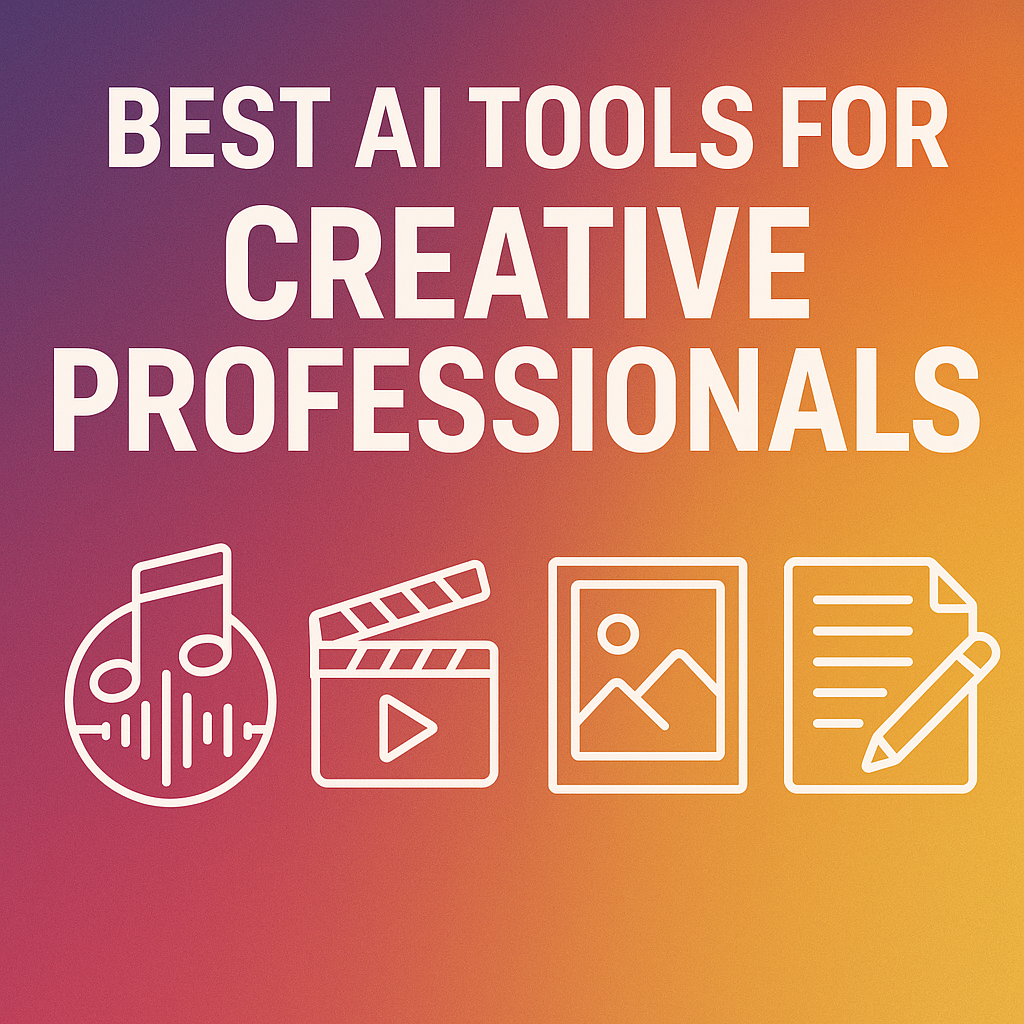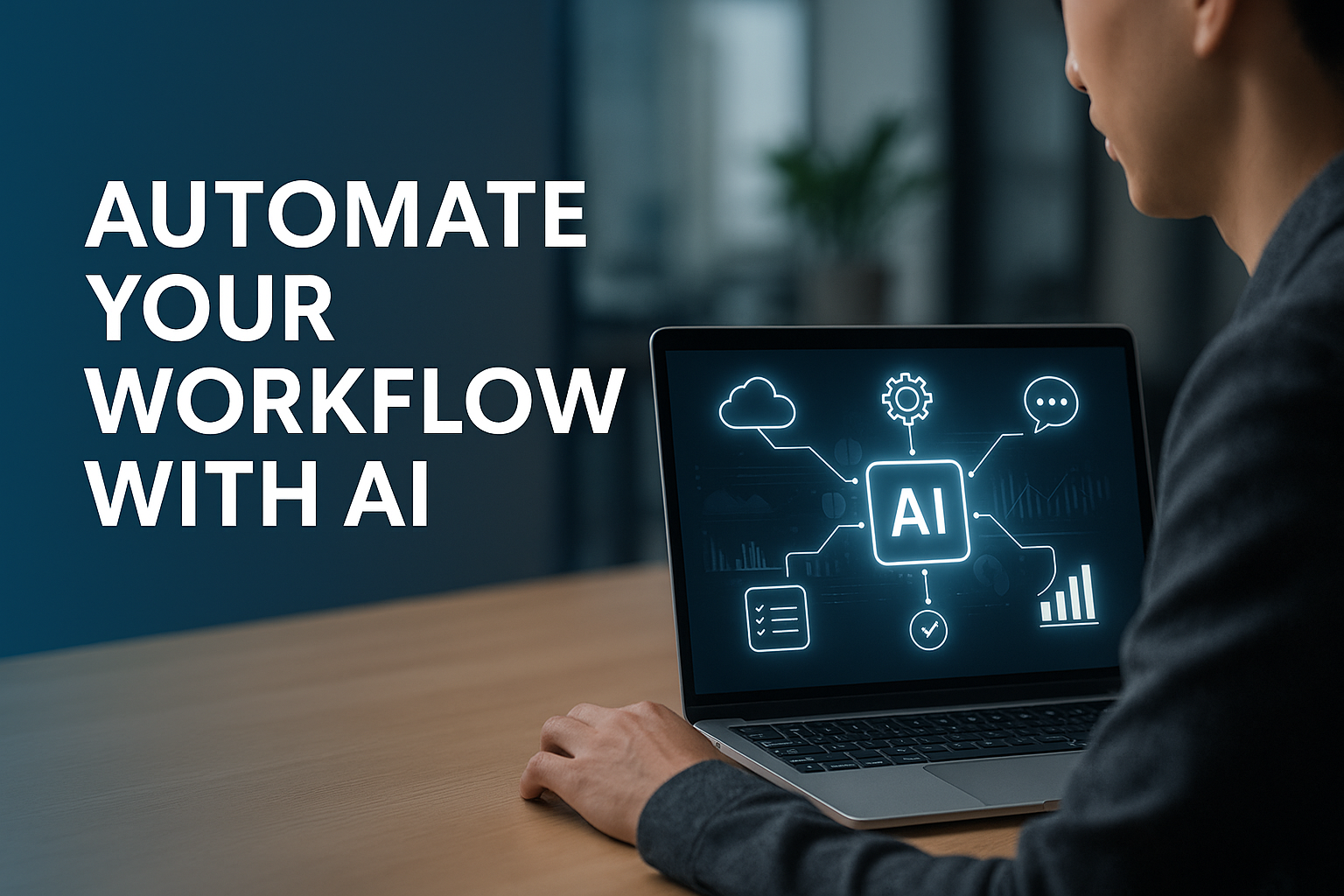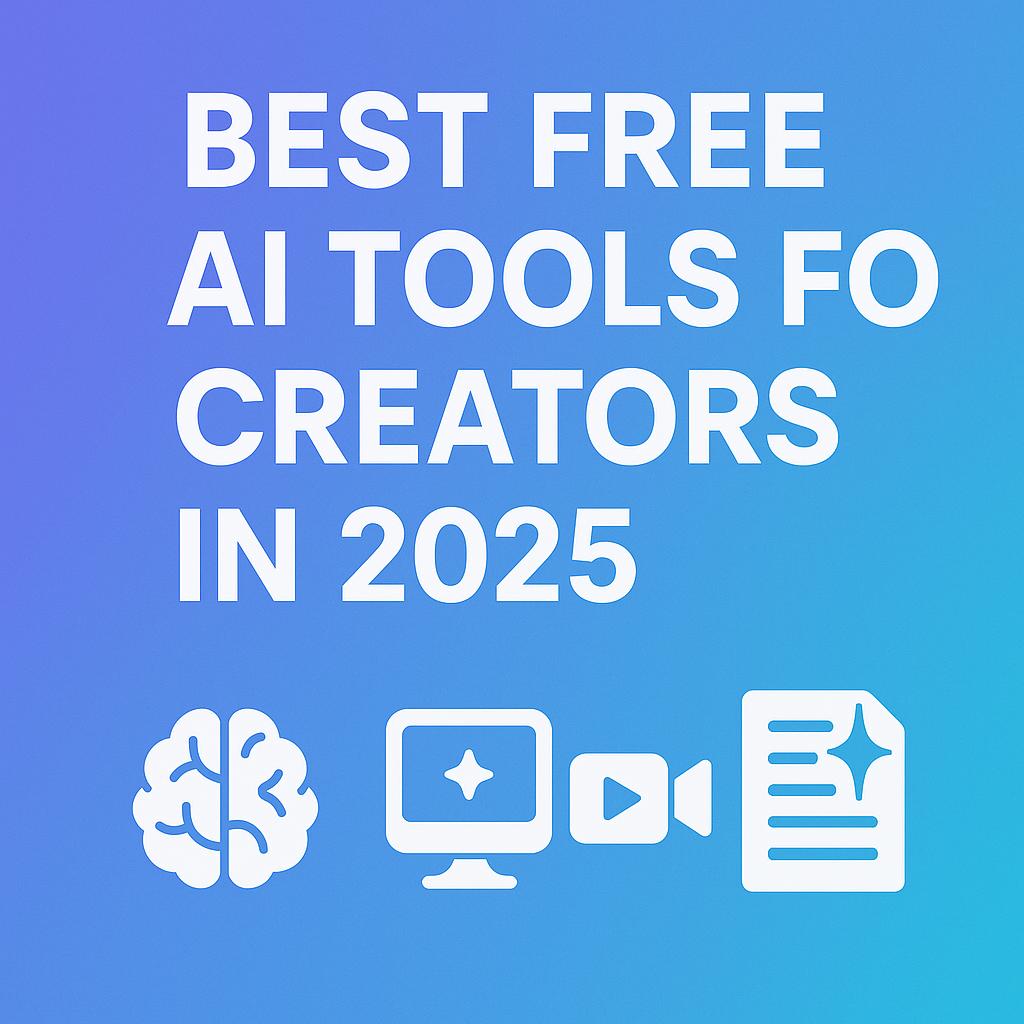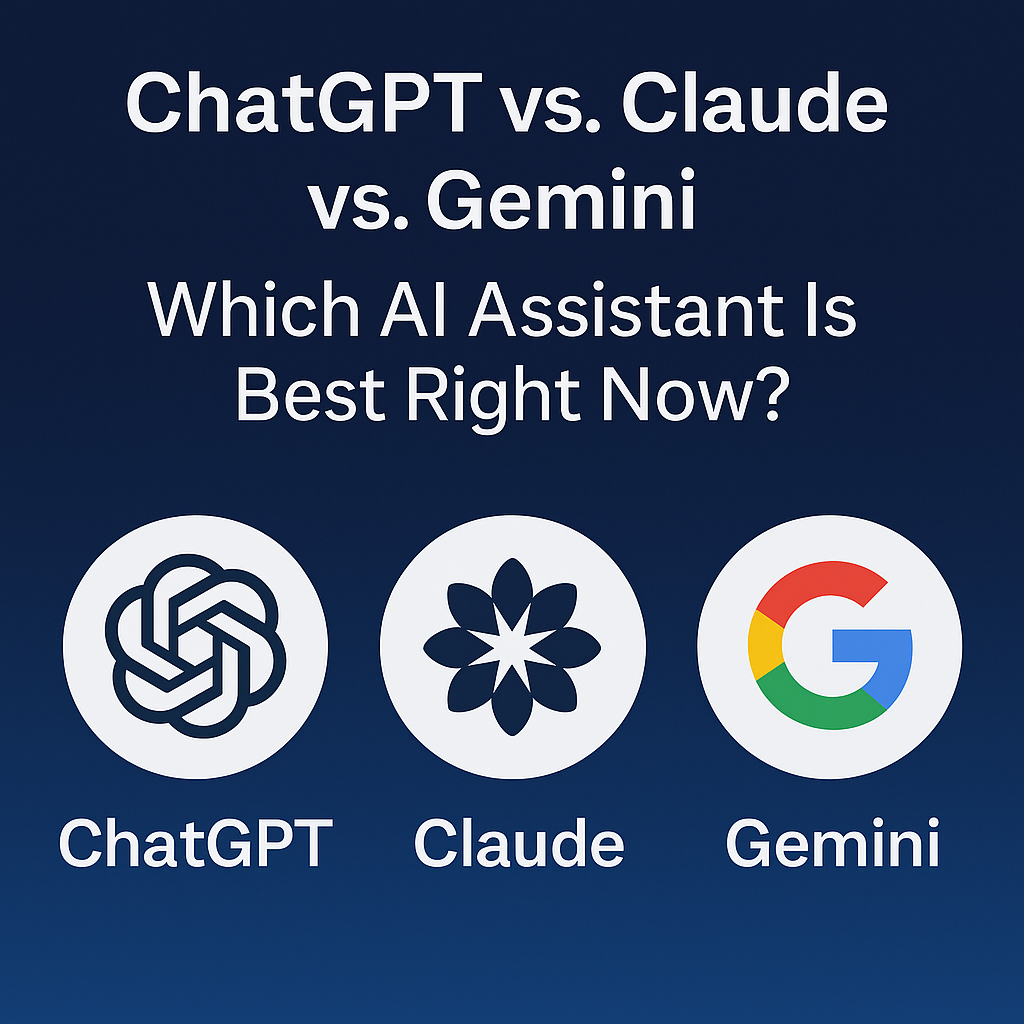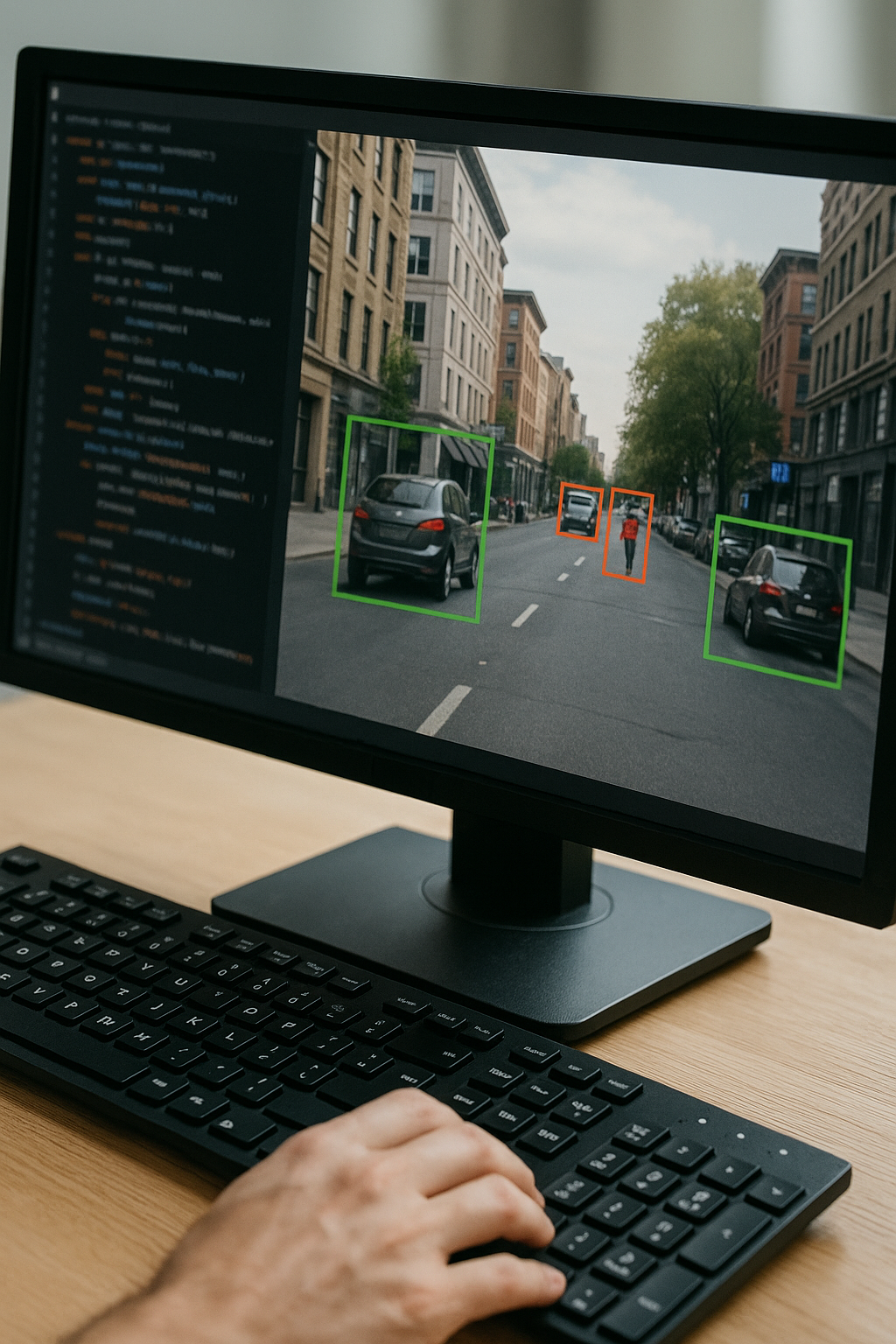AI in Healthcare
Beyond the Hype - Real Impact in Medicine Today
In a world where artificial intelligence dominates headlines, separating reality from science fiction can be challenging. Nowhere is this more crucial than in healthcare, where AI's potential to transform patient care meets the very real needs of medical professionals and patients alike. Today, we'll dive deep into how AI is already making meaningful contributions to healthcare – not in some distant future, but right now.
The Evolution of AI in Healthcare
Before we explore current applications, it's important to understand how we got here. The journey of AI in healthcare began decades ago with simple rule-based systems. Today's AI systems, powered by sophisticated machine learning algorithms and neural networks, can process complex medical data in ways that were unimaginable just a few years ago. This evolution has been driven by three key factors:
- Exponential growth in computing power
- Availability of vast amounts of digital health data
- Breakthroughs in machine learning algorithms, particularly deep learning
Revolutionizing Medical Diagnosis
The diagnostic capabilities of AI have moved far beyond theoretical possibilities. Machine learning algorithms are now assisting radiologists in detecting subtle abnormalities in medical imaging that might otherwise go unnoticed. At major medical centers, AI systems are achieving remarkable accuracy in identifying conditions ranging from breast cancer to retinal diseases.
Medical Imaging Breakthroughs
Deep learning models have demonstrated particularly impressive results in radiology:
- Chest X-rays: AI systems can detect up to 14 different pathological conditions with accuracy rates exceeding 90%
- Mammography: AI-assisted screening has shown a 37% reduction in false positives compared to traditional methods
- Brain MRI: Advanced algorithms can identify early signs of neurodegenerative diseases years before conventional diagnosis
- Cardiac Imaging: AI tools can analyze cardiac MRIs in seconds, providing detailed assessments of heart function and potential abnormalities
Pathology and Laboratory Analysis
AI is transforming laboratory medicine through:
- Digital Pathology: AI-powered microscopy can analyze tissue samples for cancer detection with unprecedented speed and accuracy
- Blood Analysis: Machine learning algorithms can identify cellular abnormalities in blood samples, helping diagnose conditions like leukemia
- Genetic Testing: AI systems can interpret complex genetic data to identify disease risks and potential treatment responses
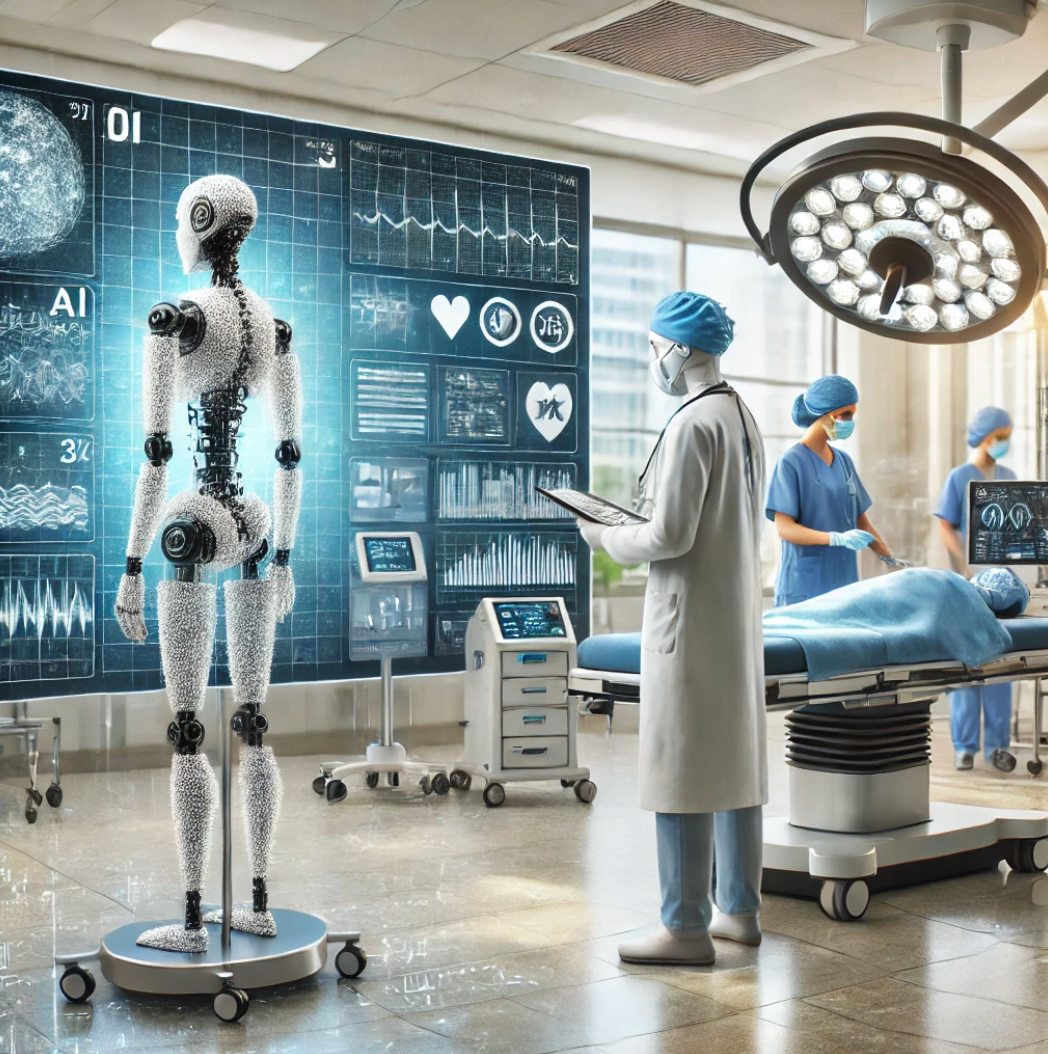
Accelerating Drug Discovery
The impact of AI on pharmaceutical research has been nothing short of revolutionary. Traditional drug development typically takes 10-15 years and billions of dollars. AI is dramatically accelerating this process through multiple approaches:
Target Identification
AI algorithms excel at:
- Analyzing genetic data to identify new drug targets
- Predicting protein structures and interactions
- Understanding disease mechanisms at a molecular level
Drug Design and Screening
Modern AI approaches have transformed how we discover new drugs:
- Virtual Screening: AI can evaluate millions of compounds in silico, drastically reducing the need for physical testing
- De Novo Drug Design: AI systems can design entirely new molecules optimized for specific therapeutic targets
- Polypharmacology: Machine learning models can predict how drugs might interact with multiple targets, leading to more effective treatments
Clinical Trial Optimization
AI is streamlining the clinical trial process through:
- Patient Selection: Advanced algorithms can identify ideal candidates for clinical trials
- Trial Design: AI can optimize trial protocols and predict potential challenges
- Real-time Monitoring: Machine learning systems can analyze trial data as it's collected, identifying trends and potential issues early
Transforming Patient Care
The impact of AI extends well beyond the laboratory and into daily patient care. Here's how:
Predictive Analytics in Hospital Settings
Modern healthcare facilities are using AI to:
- Prevent Readmissions: By analyzing patient data to identify high-risk individuals
- Monitor Vital Signs: Through continuous analysis of patient monitoring data
- Manage Resources: By predicting patient flow and resource needs
- Prevent Adverse Events: Through early warning systems for complications
Personalized Medicine
AI is making precision medicine a reality through:
- Genetic Analysis: Understanding how genetic variations affect treatment responses
- Treatment Planning: Creating personalized treatment protocols based on individual patient characteristics
- Medication Management: Optimizing drug dosing and predicting potential interactions
- Lifestyle Recommendations: Generating personalized health maintenance strategies
Remote Patient Monitoring
AI is revolutionizing home healthcare through:
- Smart Devices: Wearables and home monitoring systems that can detect health abnormalities
- Virtual Nursing Assistants: AI-powered systems that can check on patients and answer basic health questions
- Medication Adherence: Systems that ensure patients take their medications correctly
- Early Warning Systems: Algorithms that can predict potential health issues before they become serious
Ethical Considerations and Challenges
While the potential of AI in healthcare is enormous, several important challenges need to be addressed:
Data Privacy and Security
- Ensuring patient data protection while maintaining accessibility for AI systems
- Implementing robust security measures to prevent data breaches
- Maintaining compliance with healthcare privacy regulations
Algorithmic Bias
- Addressing potential biases in training data
- Ensuring AI systems work equally well for all demographic groups
- Maintaining transparency in AI decision-making processes
Integration Challenges
- Training healthcare professionals to work effectively with AI systems
- Ensuring seamless integration with existing healthcare workflows
- Maintaining system reliability and preventing downtime
The Future of AI in Healthcare
Looking ahead, we can expect to see:
- Advanced Diagnostic Tools: More sophisticated systems capable of detecting diseases at increasingly earlier stages
- Integrated Care Systems: AI-powered platforms that coordinate all aspects of patient care
- Autonomous Systems: More independent AI capabilities in routine healthcare tasks
- Preventive Medicine: Better prediction and prevention of health issues before they occur
The Human Element Remains Central
While AI's capabilities are impressive, it's crucial to understand that these technologies are tools to enhance, not replace, human medical expertise. The most successful implementations of AI in healthcare are those that combine the processing power of machines with the irreplaceable human elements of medical care – empathy, intuition, and complex decision-making.
Stay ahead of these fascinating developments in healthcare AI by subscribing to our weekly newsletter.
Sign Up For Our Weekly Newsletter and Get Your FREE Ebook " AI For Everyone - Learn the Basics and Embrace the Future"



